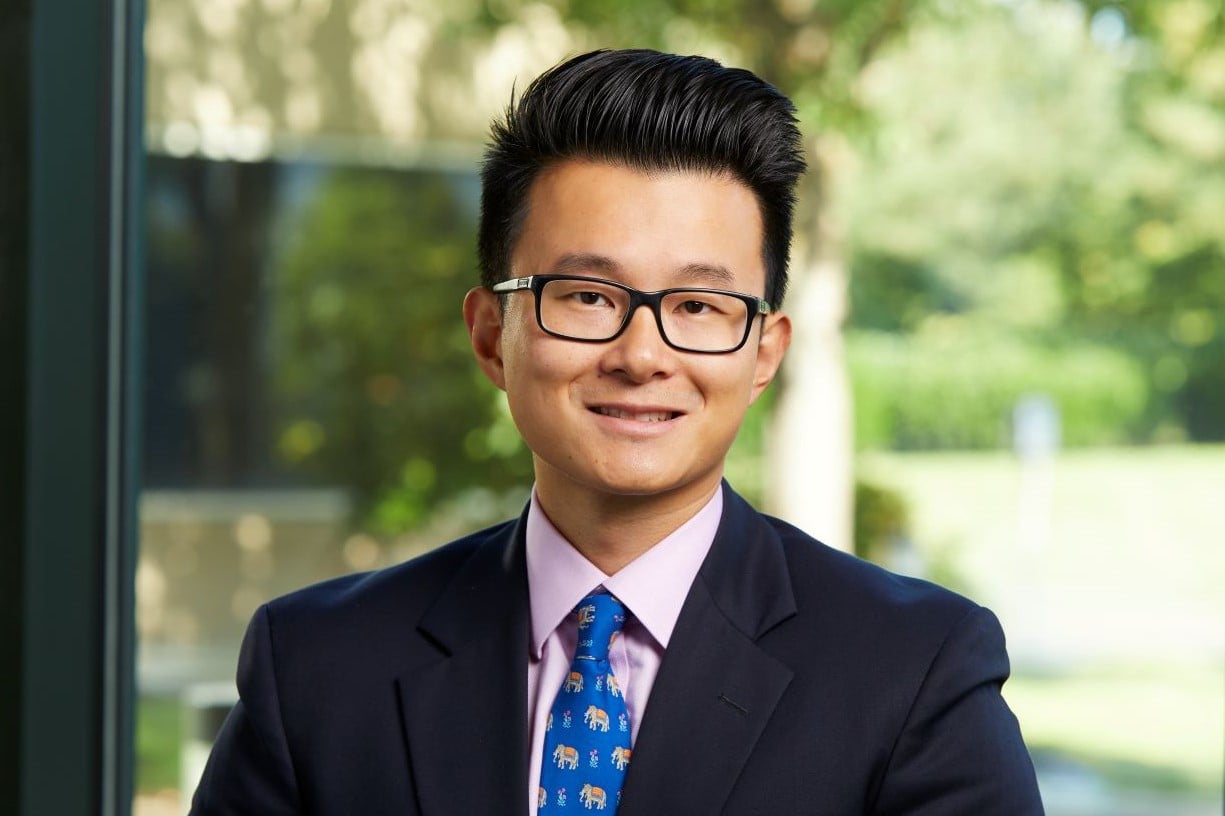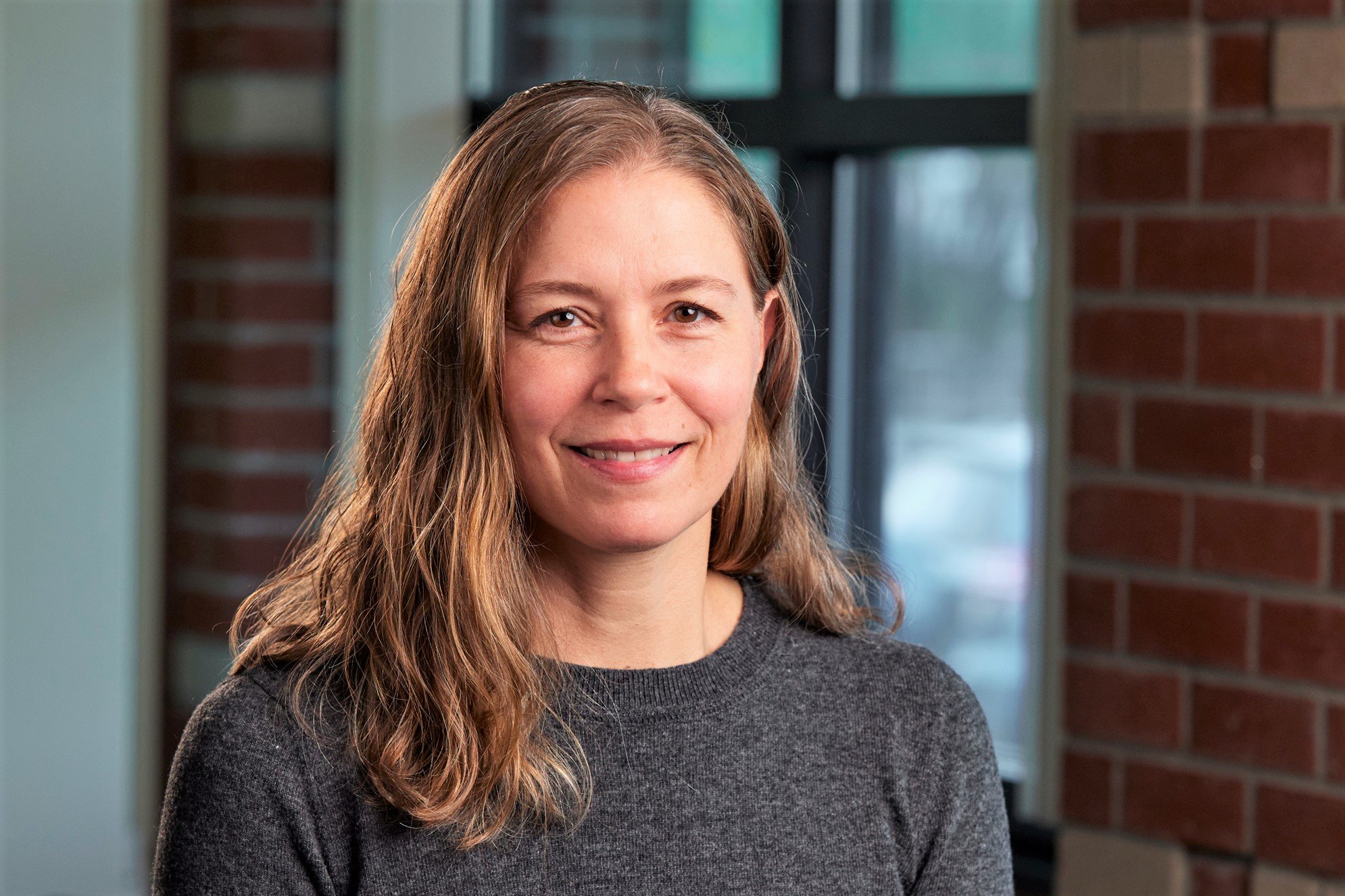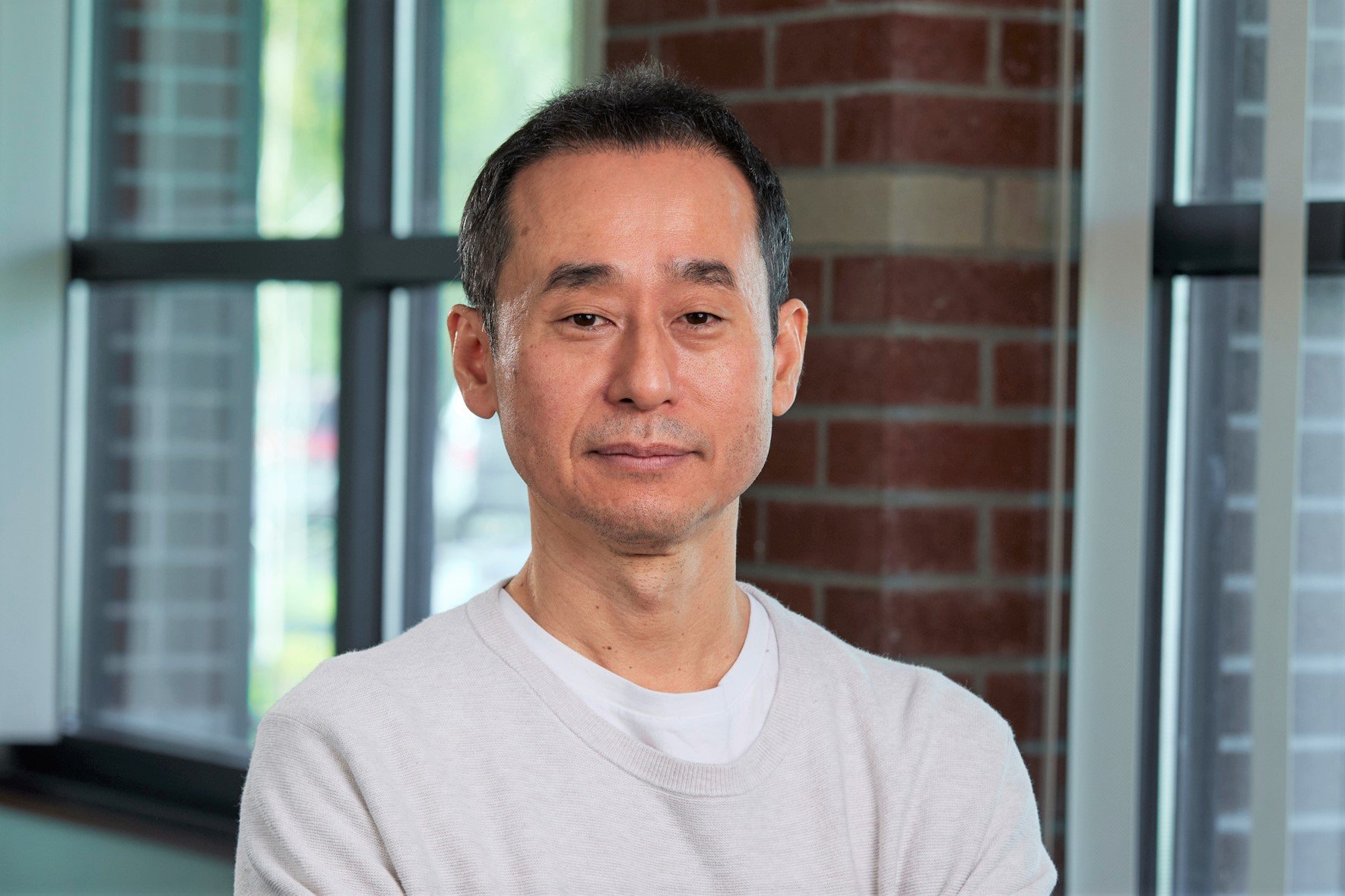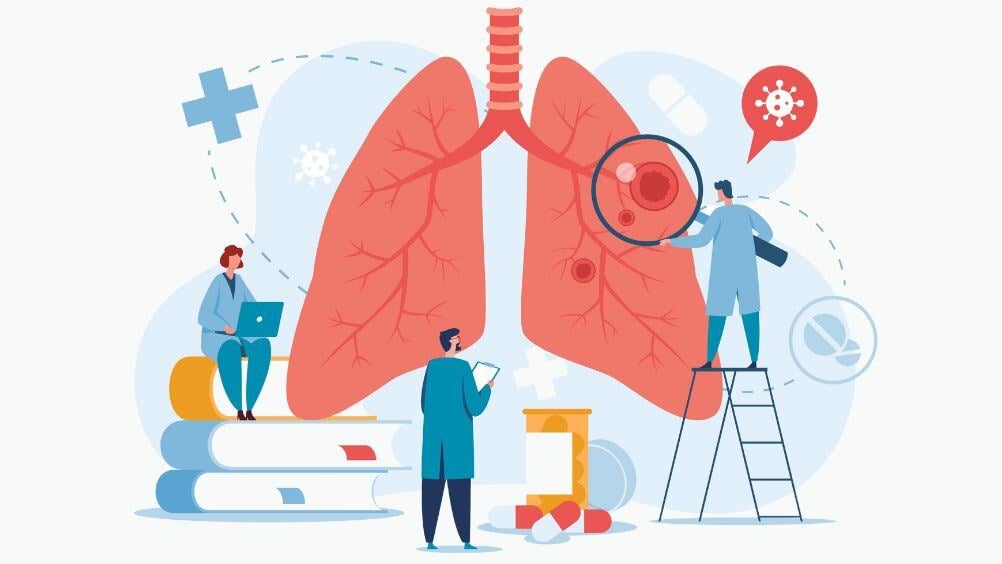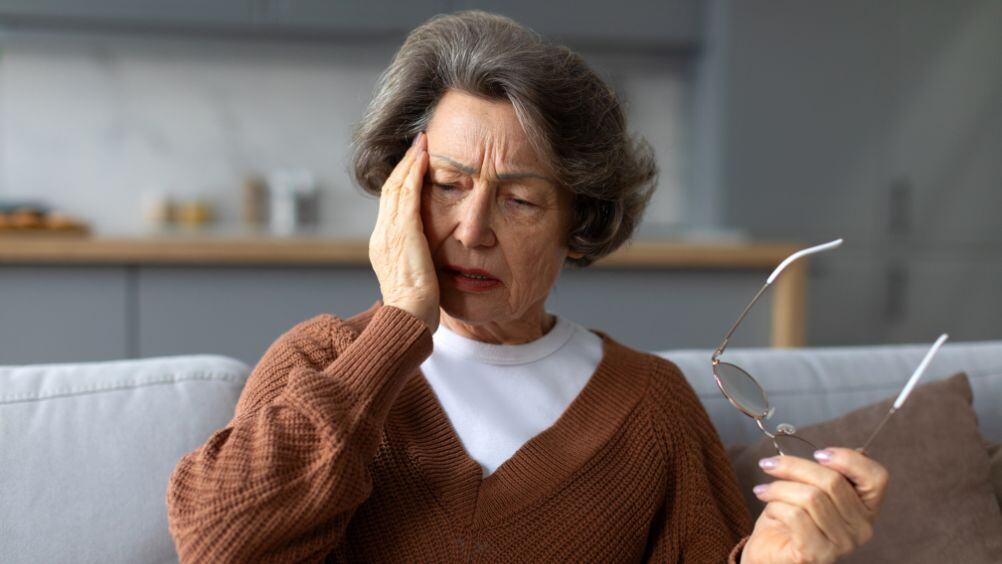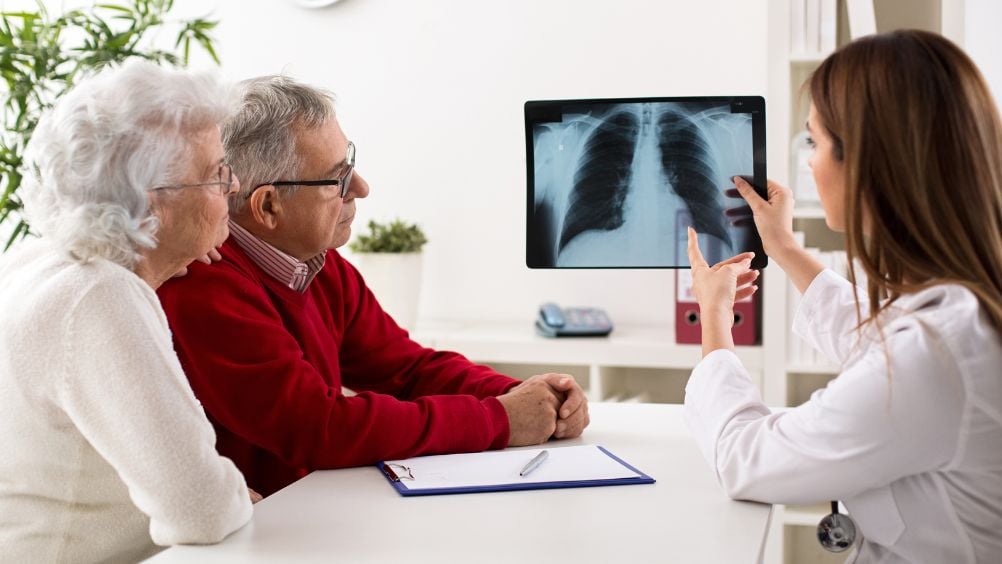Lung Cancer Care in the Willamette Valley
Newly Diagnosed with Lung Cancer?
A lung cancer diagnosis can leave you feeling overwhelmed and full of questions. Here's our guide to help you prepare for your first medical oncology appointment. And, hopefully, ease your mind about what you can expect.
Our lung cancer specialists in Willamette Valley are ready to help you navigate your treatment plan as well as help you manage side effects, nutrition, and your emotional well-being.
Causes of Lung Cancer
Although smoking is the main cause of lung cancer, lung cancer risk is also increased by:
- exposure to secondhand smoke
- environmental exposures, such as radon
- workplace toxins (e.g., asbestos, arsenic)
- air pollution
More Information About Lung Cancer
Our lung cancer care specialists are dedicated to helping patients throughout Willamette Valley - including Albany, Corvallis, Eugene, Florence, Lincoln City, and Newport.
Take a look at the information here to understand your particular cancer and review the important information.
Find an Oncologist Near You
We encourage you to request an appointment with the cancer care team at Willamette Valley Cancer Institute and Research Center to discuss your individual situation or any questions that you may have. We have office locations in:
Research and It's Impact on Treatment for Lung Cancer
Willamette Valley Cancer Institute continues to look for new and better ways to help lung cancer patients. Research that has helped detect cancer earlier with machine learning and advancements in treatment options are helping change the future of lung cancer treatments.
One promising clinical research study, available through WVCI is called MYLUNG. The study aims to develop new targeted treatment options and is expected to improve the lives of thousands of non-small cell lung cancer patients.
Signs & Symptoms of Lung Cancer
Lung cancer can happen to anyone; however, smokers are about 25 times more likely to develop lung cancer than nonsmokers. At least 20% of patients diagnosed with lung cancer never smoked at all!
Whether you’re young or old, a smoker or nonsmoker, it’s important to be on the lookout for lung cancer symptoms.
Symptoms of Early-Stage Lung Cancer
Lung cancer symptoms don’t always show until the cancer has become more advanced. However, that isn’t the case for everyone. Sometimes, a slight cough or shortness of breath, especially if you never smoked, can be an early indication of lung cancer. And if these symptoms don’t clear up for anyone – smoker or nonsmoker – within a week or so, or become more severe as time goes on, it’s a sign that you should see your doctor.
Historically, lung cancer treatment is more successful the earlier it’s diagnosed. Because of that, we recommend you contact your doctor if you are experiencing any of these lung cancer symptoms:
- A lingering cough not associated with a viral infection
- Coughing up blood or coughing up spit or phlegm tainted with blood
- Constant chest pain that worsens with deep breathing, coughing, or laughing
- Difficulty breathing
- Fatigue and/or weakness
- New onset of wheezing
- Recurring (chronic) infections such as bronchitis and pneumonia
- Unexplained hoarseness
- Weight loss and loss of appetite not due to lifestyle changes
Symptoms of Advanced-Stage Lung Cancer
Symptoms often change once lung cancer becomes advanced and spreads to other areas of the body. Some advanced lung cancer symptoms may include:
- A headache, dizziness, or weakness in the arms or legs
- Bone pain
- Jaundice (yellowing of the skin and eyes)
- Lumps in the neck and/or collarbone region







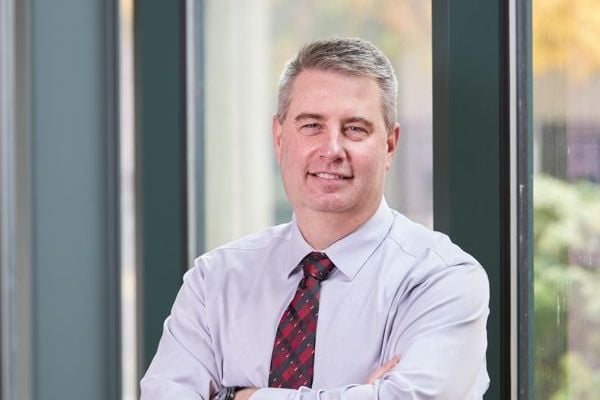
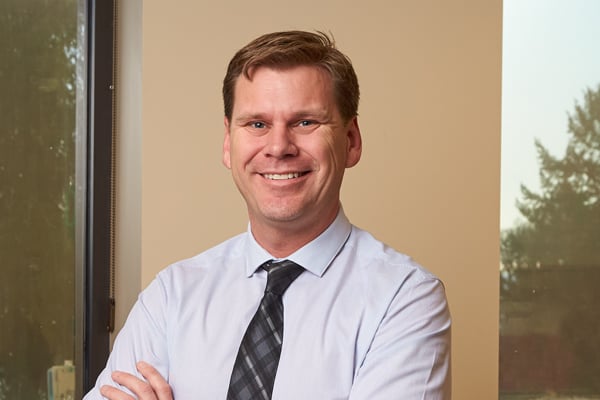
.jpg)
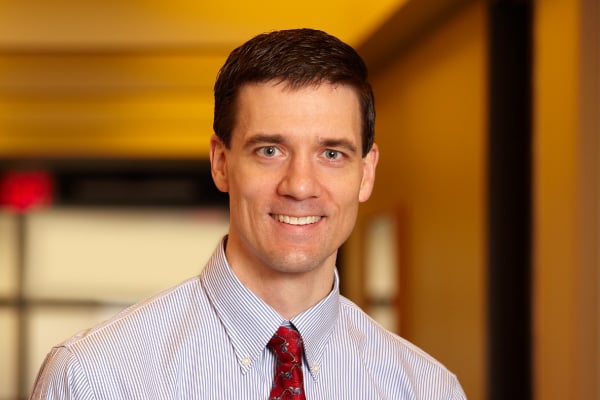
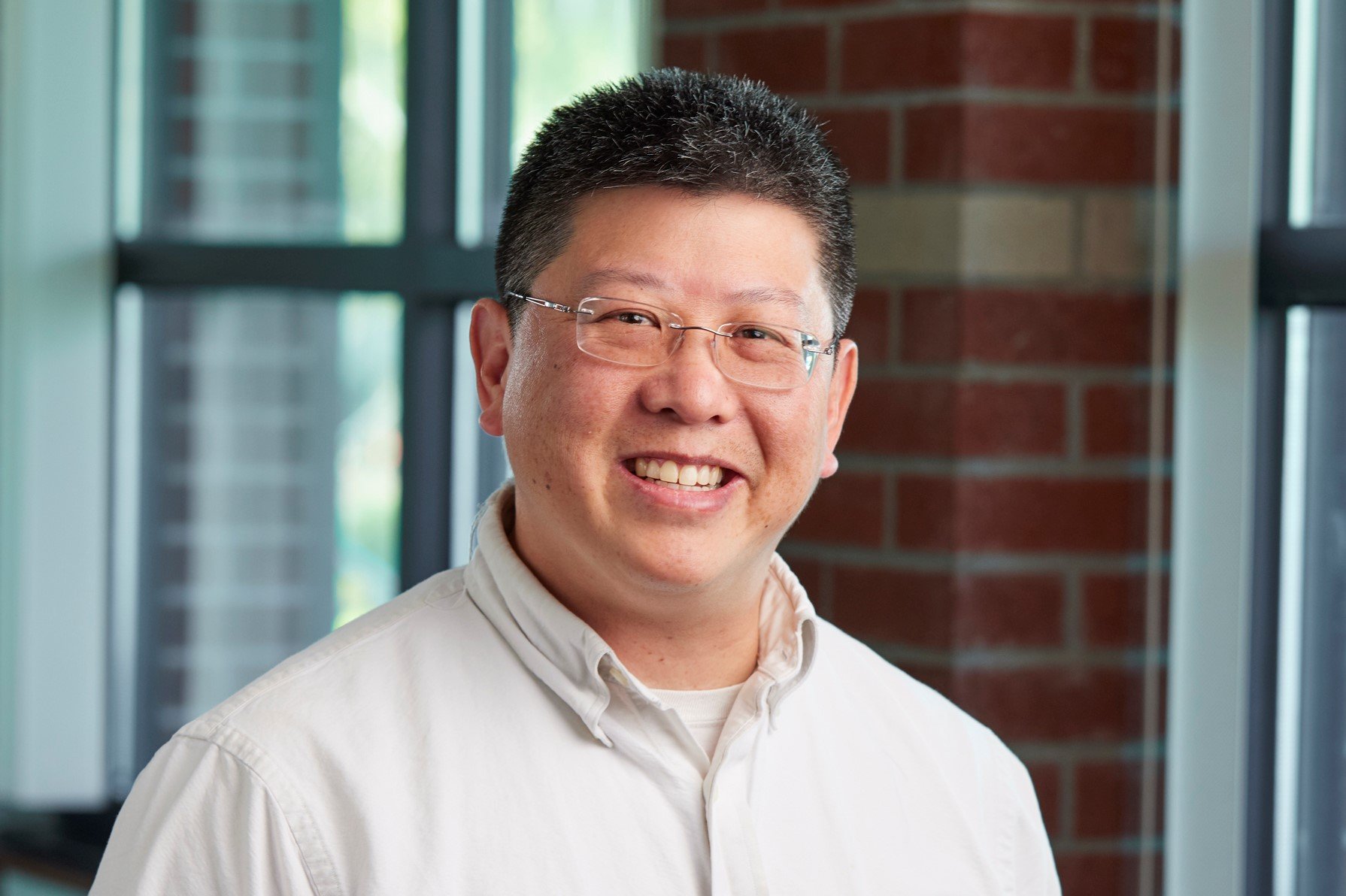
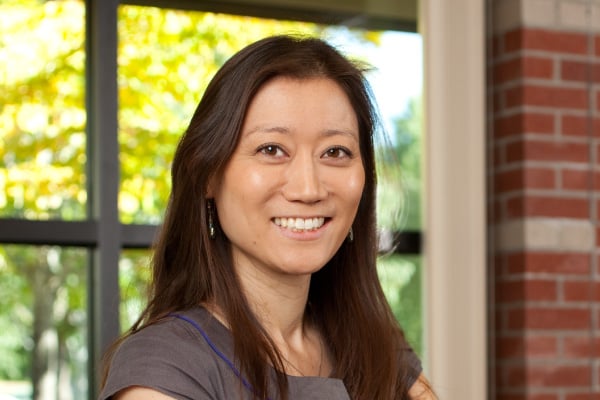
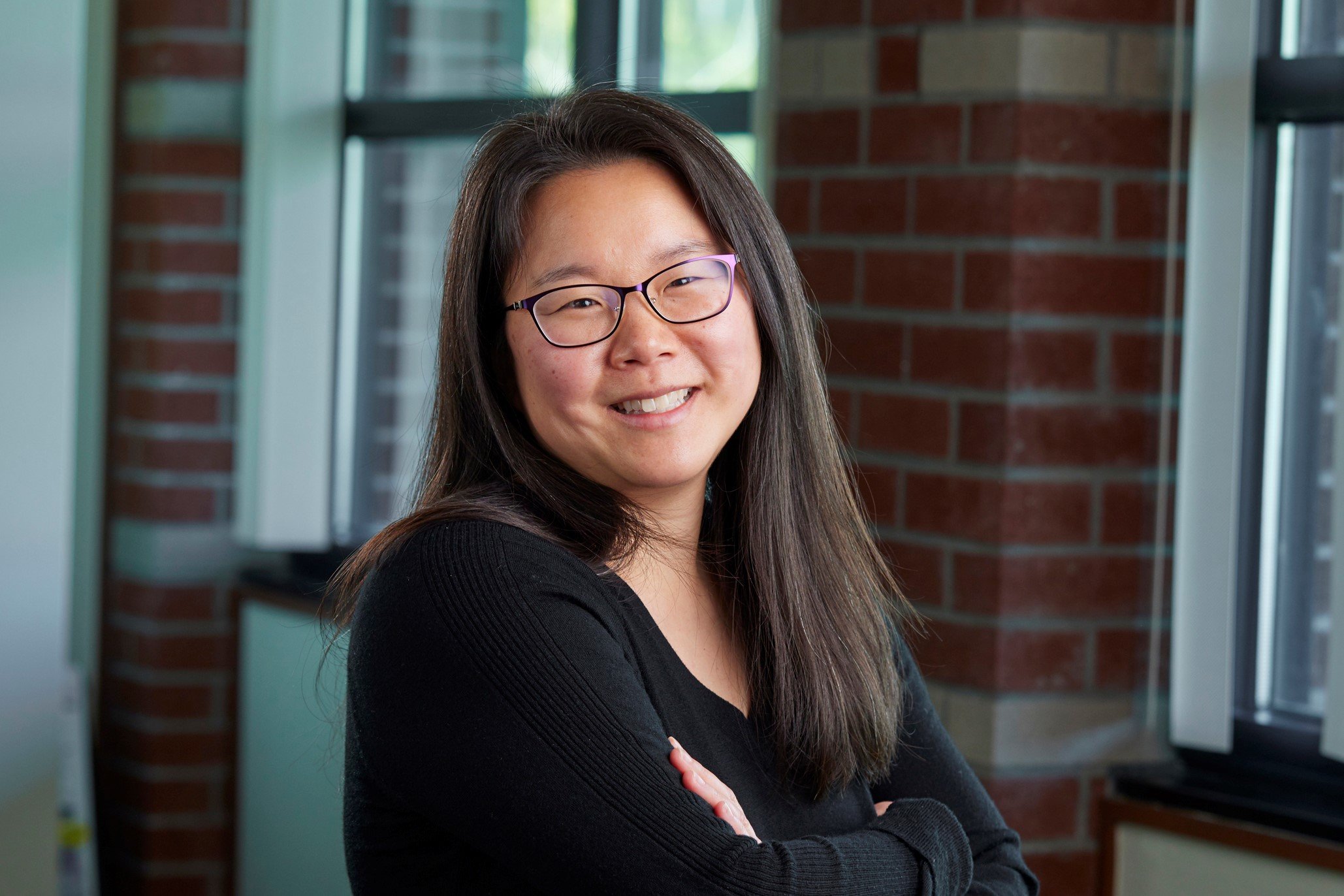
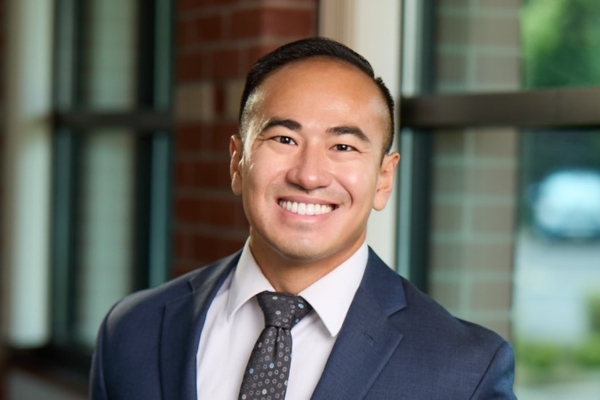

.jpg)
